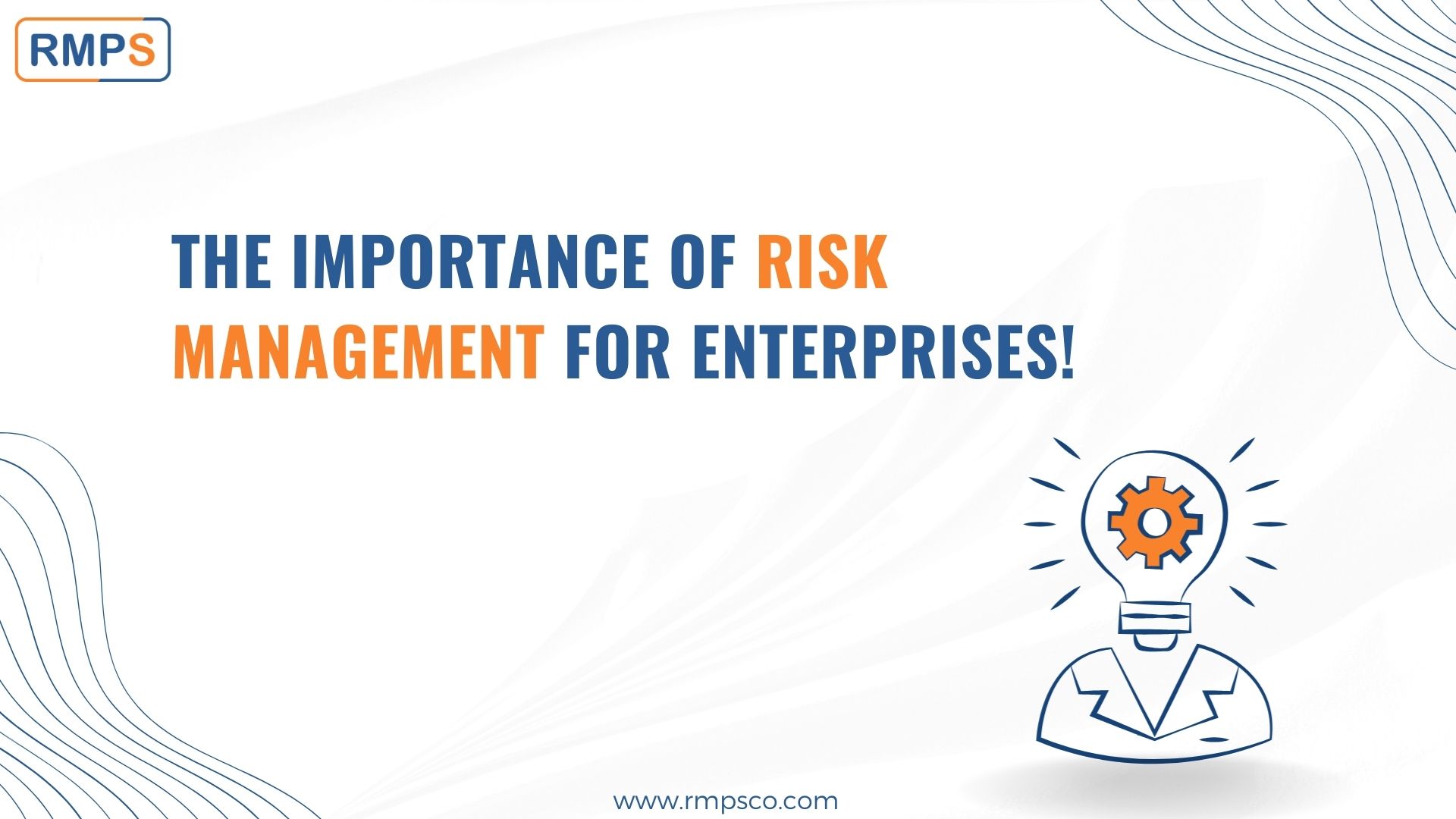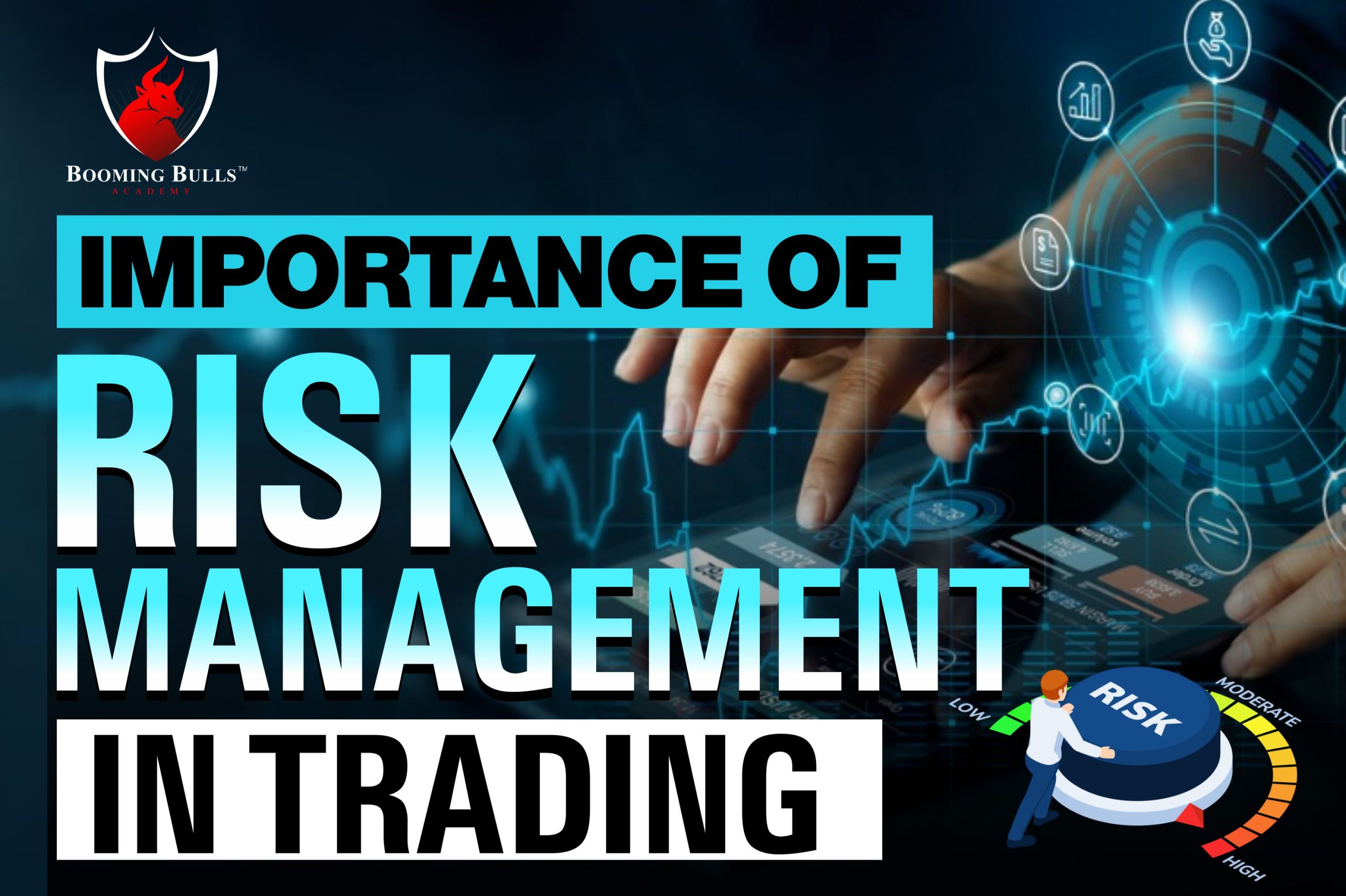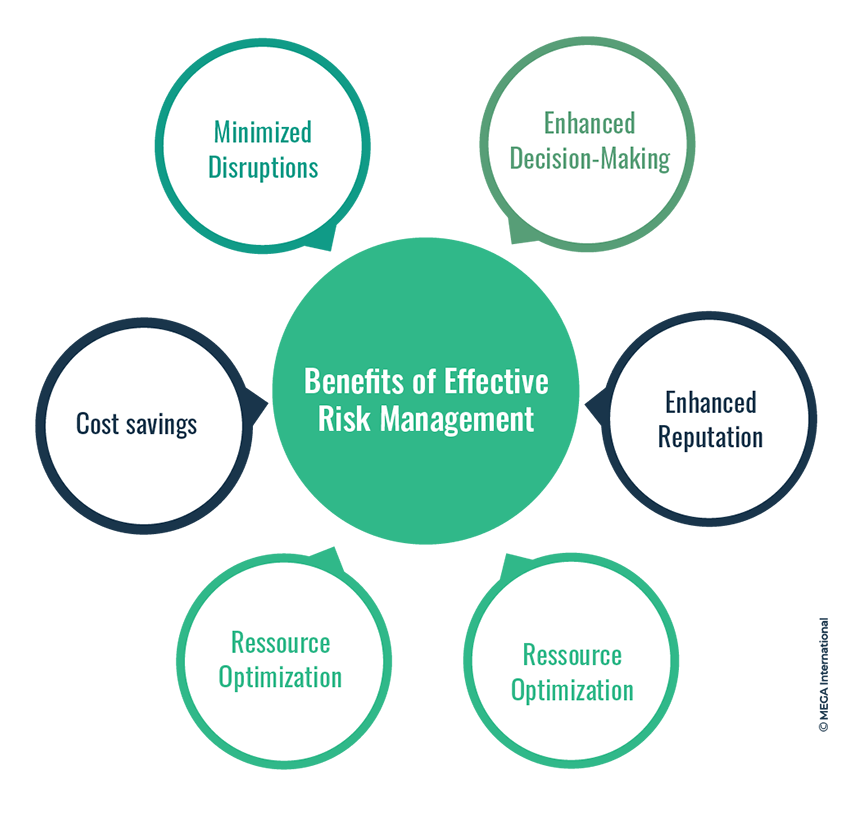The Important Significance of Risk Management in Getting Business Objectives
In the quickly developing organization landscape, the capability to navigate uncertainty has actually come to be a critical. This is where Risk Management actions in, giving an organized method to identifying, assessing, and mitigating potential obstructions to progress. It's even more than simply a safety procedure - it's a strategic device, promoting resilience and innovation. As we discover the essential function of Risk Management in attaining business objectives, one can't aid but ask yourself: just how does this translate into real-world success?
Understanding the Principle of Risk Management in Organization

The Integral Duty of Risk Management in Strategic Preparation
Incorporating Risk Management into critical preparation works as a safeguard for organizations, securing their long-term strategies with a strong foundation of preparedness and durability. It runs as the organization's radar, discovering possible hazards and vulnerabilities that could interrupt the course towards attaining their mentioned objectives. Risk Management provides a structure for preparing for unpredictabilities and developing appropriate feedbacks, ensuring the organization's survival and prosperity even when faced with misfortune. By incorporating Risk Management into calculated preparation, organizations can change these uncertainties into opportunities for development and advancement. This tactical interweaving of Risk Management cultivates adaptability, making companies much more durable and enabling them to navigate the ever-changing business landscape confidently. As a result, Risk Management becomes an indispensable device in strategic preparation, crucial in safeguarding lasting success.

Strategies for Identifying, Assessing, and Prioritizing Risks
Browsing the complicated landscape of threats needs the application of specific strategies for their identification, prioritization, and analysis. The procedure begins with Risk identification, employing tools such as SWOT analysis, which aids in identifying potential hazards and possibilities. Next, Risk evaluation is carried out to determine the potential influence and likelihood of each Risk. Tools such as Risk matrices and impact-probability graphes are made use of for this. Dangers are prioritized based on their possible impact and likelihood, allowing organizations to focus their sources on high-priority risks. This organized approach makes certain an extensive understanding of the Risk landscape, enabling organizations to make enlightened choices and successfully take care of risks to attain their goals - importance of risk management.
Protecting Organizational Workflow With Efficient Risk Management
In the service landscape laden with uncertainties, reliable Risk Management plays a critical duty in guarding organizational procedures. By identifying and assessing prospective hazards, Risk Management enables companies to develop robust backup plans. Companies need to invest in comprehensive Risk Management approaches to protect their operations.

Transforming Possible Hazards to Opportunities: The Power of Risk Management
A positive strategy to risk Management entails recognizing, analyzing, and focusing on threats to design methods that turn them right into potential benefits. Therefore, by leveraging the power of Risk Management, organizations can not just protect their operations but also spur development and attain their objectives in an uncertain service atmosphere.
Case Researches: Success Stories of Risk Management Driving Business Objectives
Effective execution of Risk Management strategies has yielded outstanding cause various Our site businesses, emphasizing the advantages of this technique. Multinational companies like Microsoft and Google, for instance, have actually leveraged Risk Management to minimize risks and exploit possibilities, driving their service goals forward. Microsoft's aggressive Risk Management method aided it pivot quickly during the 2020 pandemic, transitioning to remote job efficiently, consequently maintaining performance. Google, by assessing and minimizing possible risks in its cloud-based services, has guaranteed uninterrupted solution, thus reinforcing client trust. These instances illustrate just how successful Risk Management can not just steer businesses free from prospective pitfalls yet likewise guide them in the direction of their tactical goals. Thus, read the article Risk Management is important to the pursuit of business objectives.
Final thought
In verdict, Risk Management is basically important in accomplishing organizational goals. By incorporating Risk Management right into tactical planning, businesses can much better browse unpredictabilities, secure procedures, and capitalise on possibilities, thereby aligning with lasting purposes.
At its core, Risk Management is the process of recognizing, analyzing, and addressing possible dangers that might negatively influence a link company's objectives or procedures. Next off, Risk evaluation is conducted to ascertain the possible effect and possibility of each Risk. Threats are focused on based on their prospective impact and probability, allowing organizations to concentrate their sources on high-priority threats. By determining and evaluating possible dangers, Risk Management makes it possible for companies to establish durable contingency strategies. A proactive strategy to run the risk of Management includes determining, assessing, and focusing on risks to develop strategies that turn them right into possible advantages.